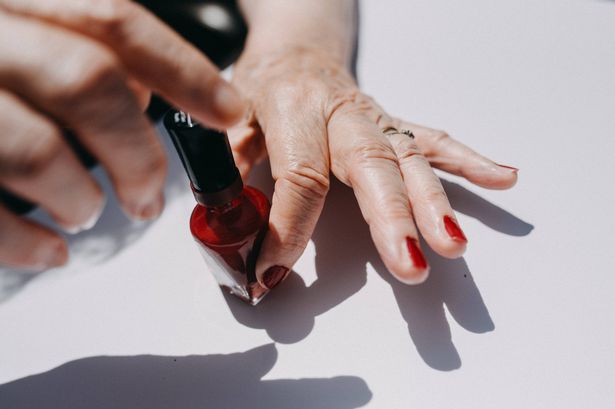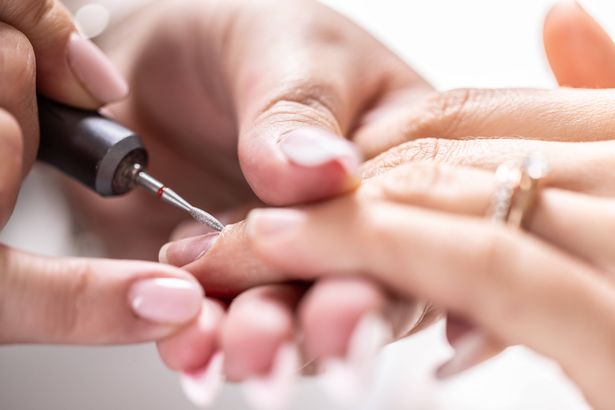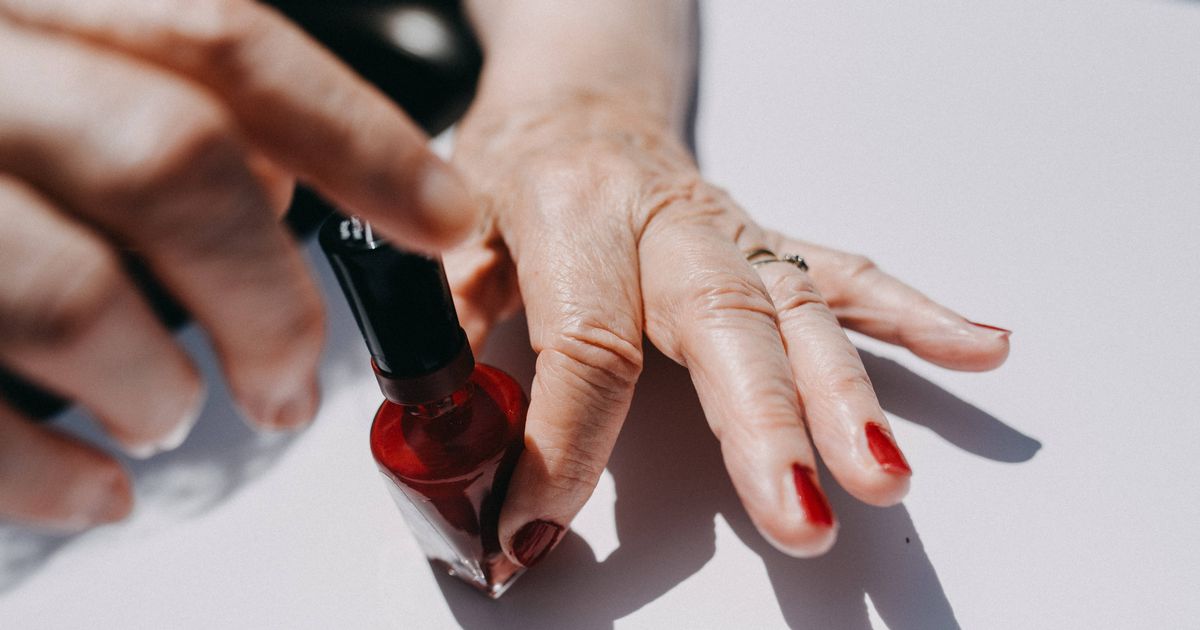The EU has banned the use of two toxic chemicals in nail gels, which are long-lasting nail polishes that are cured (hardened) under a UV or LED lamp rather than air-dried like traditional varnish
Maria Ortega and Rory Poulter
16:04, 03 Sep 2025
 The ban does not yet apply in the UK and it could be that these products will continue to be used in nail salons(Image: Stefania Pelfini la Waziya via Getty Images)
The ban does not yet apply in the UK and it could be that these products will continue to be used in nail salons(Image: Stefania Pelfini la Waziya via Getty Images)
Women having manicures in the UK could be put in danger from cancer-risking chemicals in nail gel ingredients now banned across the European Union. From this month, semi-permanent nail polishes and gels containing two toxic substances – trimethylbenzoyl-diphenylphosphine oxide (TPO) and dimethyltolylamine (DMPT) – are outlawed under new EU rules.
The ban does not yet apply in the UK and it could be that these products will continue to be used in nail salons across the UK until the second half of 2026. Both of the chemicals have been branded “carcinogenic, mutagenic or toxic for reproduction” by regulators, meaning they can trigger cancers, cause cell mutations or damage fertility.
The Commission acted after a study found DMPT caused cancerous effects in the livers, nasal cavities, lungs and stomachs of rats and mice. Nail gels are a type of long-lasting nail polish that’s cured (hardened) under a UV or LED lamp rather than air-dried like traditional varnish.
 Women having manicures are being put in danger from cancer-risk chemicals in nail gels(Image: SimpleImages via Getty Images)
Women having manicures are being put in danger from cancer-risk chemicals in nail gels(Image: SimpleImages via Getty Images)
TPO has been found to cause brittleness, dryness and discolouration of nails through long-term exposure. EU watchdogs have urged consumers not to use bottles already at home, warning they are unsafe.
Several products have now been withdrawn from the market after checks found they contained the outlawed substances. It follows wider concerns about the UV and LED lamps used to dry gels. Research published in Nature Communications in 2023 warned that long-term use of the dryers could raise the risk of skin cancer.
However, the ban does not yet apply in Britain. Since Brexit, the UK sets its own rules on cosmetics and chemicals. Regulators here – the Health and Safety Executive (HSE) and the Office for Product Safety and Standards (OPSS) – have confirmed that TPO and DMPT remain legal for now.
Industry sources say the Government is expected to mirror the EU’s decision in late 2026, giving manufacturers and salons more than a year to adapt. Until then, TPO-based gels will continue to be sold and used in nail bars across the UK.
The Cosmetic, Toiletry & Perfumery Association (CTPA), which represents the beauty industry, admitted there was no case for defending the ingredient. Francesca Rapolla, its Scientific Affairs Manager, said the cosmetics had decided not to challenge the ban.
She said: “The industry did not, and could not, defend the continued use of this ingredient in nail products, mainly because it could not demonstrate that there are no alternative ingredients to this one.”
It follows wider concerns about the UV and LED lamps used to dry gels. Research published in Nature Communications in 2023 warned that long-term use of the dryers could raise the risk of skin cancer. Some mainstream gel nail brands, including CND and Light Elegance, begun to phase out products containing TPO ahead of the ban.
Others carrying identification labels stating: “Contains TPO”
